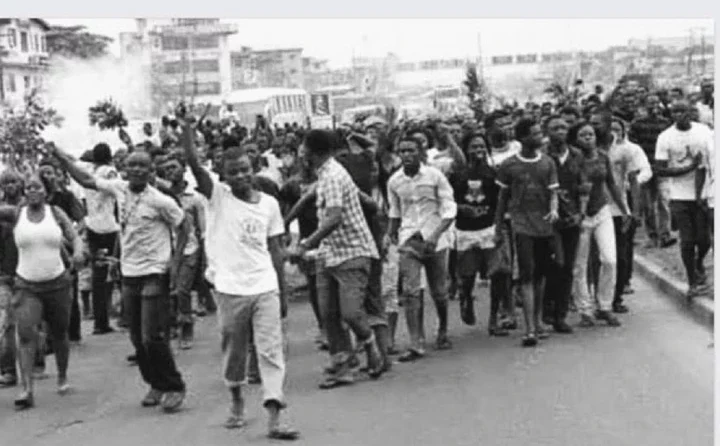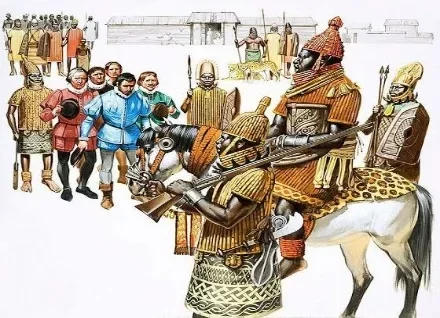
In the annals of Nigerian history, few events highlight the power of collective action as vividly as the 1978 "Ali Must Go" protests. What began as a seemingly mundane disagreement over a 50-kobo increase in meal costs escalated into a nationwide student uprising that shook the military government of General Olusegun Obasanjo and left an indelible mark on the country's political landscape.
The spark ignited in April 1978, when the Federal Military Government announced an increment in the cost of meals for university students. At the time, students paid N1.50 per day for their meals, a fee that covered their basic sustenance on campus. The new policy, championed by then-Federal Commissioner for Education Colonel Ahmadu Ali, added 50 kobo to this amount, raising the daily cost to N2.00. For students already grappling with limited resources, this modest increase was a breaking point-a symbol of broader grievances against an authoritarian regime perceived as out of touch with the populace.
The National Union of Nigerian Students (NUNS), led by its fiery president Segun Okeowo, a student at the University of Lagos, swiftly mobilized. Okeowo, a charismatic figure known for his unwavering resolve, saw the fee hike as an assault on students' rights and an opportunity to challenge the government's authority. After failed negotiations with the administration, NUNS called for a nationwide boycott of lectures on April 17, 1978, demanding not only a reversal of the meal cost increase but also broader reforms, including democratization and improved living conditions for Nigerians.
The boycott began peacefully, with students from universities in Lagos, Ibadan, Zaria, Nsukka, and beyond refusing to attend classes. However, tensions escalated the following day when students at the University of Lagos attempted a march to Dodan Barracks, the seat of military power, to deliver a protest letter to General Obasanjo. They were met with a heavy police presence at the university gates, and what followed was a brutal confrontation. Police opened fire, and Akintunde Ojo, an architecture student, was shot in the leg. Denied treatment at local hospitals, he bled to death-a tragedy that inflamed the movement further.
News of Ojo's death spread rapidly, galvanizing students across the country. In Zaria, at Ahmadu Bello University, the protests turned even more violent as soldiers clashed with demonstrators, reportedly killing eight students. The chant "Ali Must Go" became a rallying cry, echoing through campuses and spilling into the streets, as students blamed Colonel Ali for the policy that had triggered the crisis. The protests, initially focused on the meal fee, morphed into a broader condemnation of military rule, with demands for accountability and justice ringing loud.
For a week, the unrest paralyzed tertiary institutions nationwide. The government responded with force, shutting down universities and banning NUNS, while Okeowo was expelled from the University of Lagos. Yet, the students' resolve did not waver. The "Ali Must Go" movement forced the nation to confront the power of its youth-a force capable of mobilizing against oppression despite the risks.
Though the meal fee increment was never reversed, the protests achieved something greater: they cemented student activism as a potent instrument of change in Nigeria. The Mohammed Commission of Inquiry was later established to investigate the crisis, though its recommendations resulted in limited accountability. Okeowo, undeterred by his expulsion, completed his education at the University of Ife (now Obafemi Awolowo University) and went on to a distinguished career in education.
Today, nearly five decades later, the "Ali Must Go" saga remains a testament to the courage of Nigerian students and a reminder of the steep price paid for dissent. As the nation faces new challenges, the echoes of 1978 serve as both a lesson and an inspiration-a story of how 50 kobo sparked a movement that refused to be silenced.
















Comments